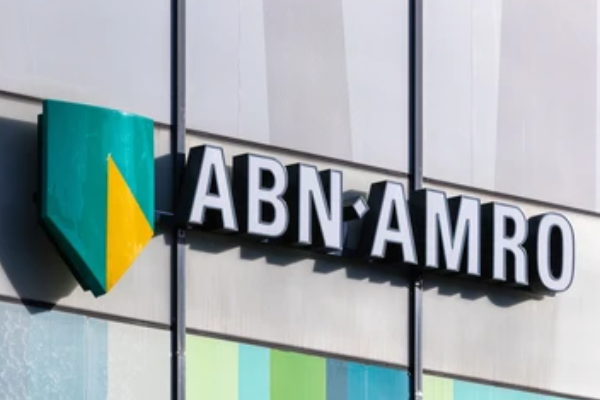Pi Network price nears all-time low as supply pressure intensifies
Pi Network’s token price is approaching an all-time low, with more than 126.6 million PI tokens expected to be unlocked this month, and increased supply weighing on demand.
The price of the social cryptocurrency project Pi Network is approaching an all-time low as more and more tokens are unlocked.
According to CoinMarketCap, Pi Network (PI) is trading at $0.6722 at press time, close to its all-time low of $0.6152 on February 20. The price movement is related to the expected unlocking of more than 126.6 million PI tokens this month, which is equivalent to about 1.87% of the token’s current circulating supply.
In an exchange with Cointelegraph, Alex Obchakevich, founder of Obchakevich Research, attributed the price drop to the continued PI unlocking. He described the event as “inevitable anyway,” saying:
“Monthly unlocks are outstripping demand, which has a huge impact on the token value.”
So far, the network has unlocked 4.9 billion PI tokens, with another 1.54 billion to be unlocked in the next 12 months. As of now, Pi Network is unlocking an average of 133 million PI tokens per month.
The current drop comes on the heels of the all-time low in February, after the Pi Network mainnet was launched. The project was previously not listed on any platform due to trading restrictions, and was subsequently listed on Bitget, OKX, and MEXC platforms.
Potential is still there
Despite this, Obchakevich also recognized the potential of Pi Network. He stressed that the network should now "focus on project development to increase usage and interest." Speaking about the growth potential, he also said:
"The project definitely has the potential to compete with the top ten projects in the future. But for now, they need to maintain their market position in such unstable times because competitors offer more attractive conditions and products."
What is Pi Network?
Pi Network is a mobile-focused blockchain project that allows users to earn its native token, Pi coins, through daily in-app check-ins. The network was first launched in 2019 and was developed by a group of Stanford graduates.
Pi Network uses a referral-based structure, where users earn tokens by inviting others to join. In late February, Ben Zhou, CEO of cryptocurrency exchange ByBit, questioned the legitimacy of the project and accused it of being a scam. He wrote at the time:
“Yes, I still think you are a scam. No, Bybit does not host scams.”









